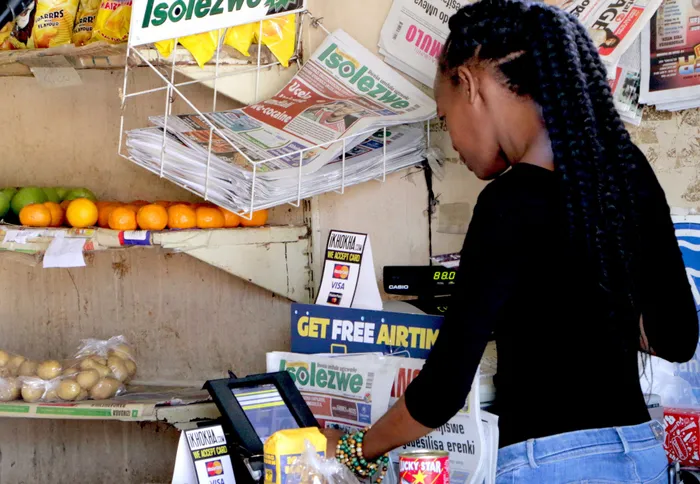
A study has shown that women-owned businesses in Sweetwaters, Pietermaritzburg had come up with product innovations that were novel to their local areas.
Image: Independent Newspapers Archives
Women-owned informal businesses in Sweetwaters, in Pietermaritzburg, are showing resilience and high levels of innovation despite facing significant barriers compared to their male counterparts, a study by the Human Sciences Research Council (HSRC) has revealed.
The research, part of the HSRC’s Innovation in the Informal Sector project, found that while 92% of informal businesses were innovation-active, women entrepreneurs face greater challenges linked to poverty, lower education levels, and limited access to resources.
“Women-owned businesses tend to innovate in more organic and reactive ways, often driven by immediate customer needs or chance, rather than structured planning,” said Dr Il-haam Petersen, project lead at the HSRC.
“This is largely because of the socio-economic constraints they face, including lower access to education, technology, and financing.”
The survey of 990 businesses in Sweetwaters showed that women dominate sectors like informal food services but earn less than their male counterparts and have less access to tools and training. For example, only 9.9% of women-owned businesses reported using scientific and technical knowledge to innovate, compared to 18.1% of men.
“Our findings point to a clear need for gender-conscious policy support that recognises the different innovation journeys between men and women,” Petersen said.
Notably, 57% of women’s product innovations were novel to their local areas, suggesting that women entrepreneurs play a vital role in fostering local economic development. However, without access to broader markets and resources, their growth potential remains limited.
“There is an urgent need to invest in support systems tailored for women-owned informal businesses, including microfinance, mentorship, training, and networking opportunities,” Petersen said.
To address some of these challenges, the HSRC has developed resources such as the free My Business Innovation Planner (MyBIP) app, available on Google Play, which offers templates, guidelines, and interactive tools to assist informal business owners.
Dr Petersen stressed that supporting informal sector innovation is crucial for rural and township economies like those in KZN.
“We must not overlook the incredible creativity and resilience of women entrepreneurs in areas like Sweetwaters. With the right support, these businesses can become engines of local innovation and economic growth.”
Related Topics:
